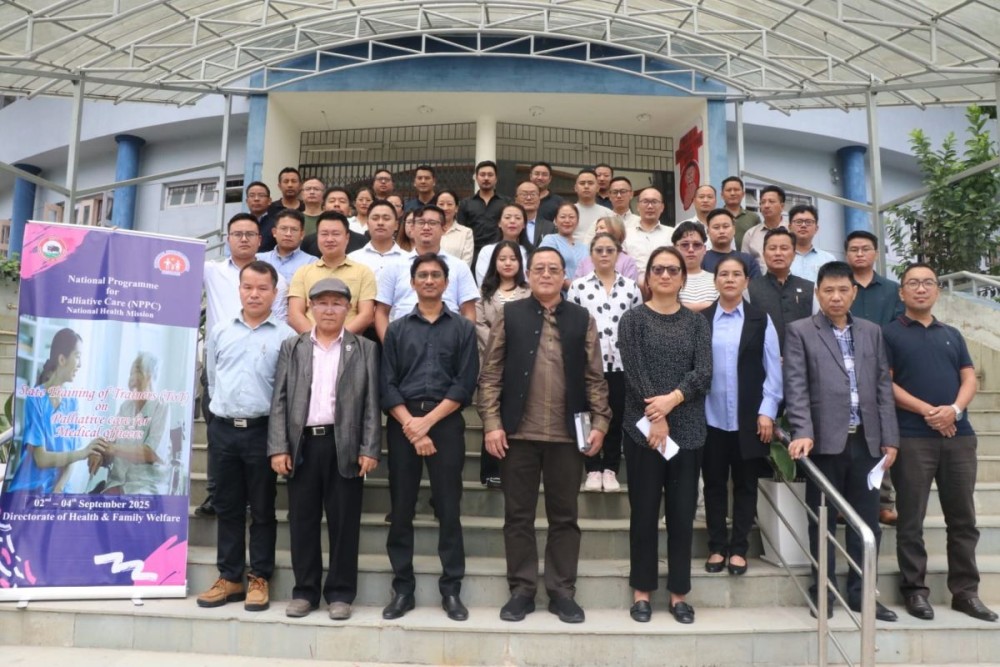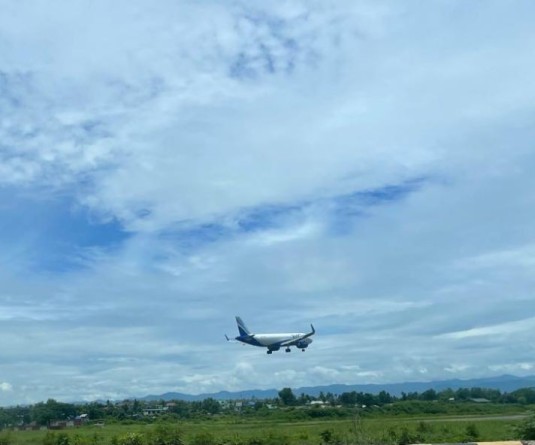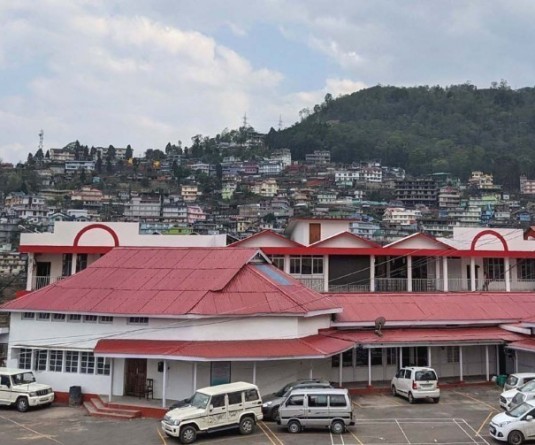National Programme for Palliative Care under Department of Health & Family Welfare, conducted a three-day State Training of Trainers for Medical Officers at the Directorate conference hall from September 2 to 4.

Kohima, September 4 (MExN): The National Programme for Palliative Care (NPPC), under the Department of Health & Family Welfare, conducted a three-day State Training of Trainers (ToT) for Medical Officers from September 2 to 4 at the Directorate conference hall.
In her keynote address, Dr Mereninla Senlem, Principal Director of Health & Family Welfare, emphasised the growing need for palliative care due to an increasing elderly population and the rising burden of non-communicable and communicable diseases.
She highlighted that palliative care improves the quality of life for patients and their families facing life-threatening illnesses, addressing physical, psychological, social, and spiritual challenges. “Currently, only 14% of those in need receive palliative care.”
Dr Senlem noted that over 80% of palliative care needs can be managed at home with proper training and support, reducing the need for resource-intensive hospital-based care.
She said that there is a need to prioritise implementation of NPPC, providing palliative care services in all the districts, emphasizing on the importance of pain and symptom management, as well as the role of interdisciplinary teams in providing holistic care.
Dr. Keveduyi Theyo, State Programme Officer of the National Health Mission (NHM), outlined that the NPPC, launched in 2012 and now part of NHM, aims to strengthen infrastructure, capacity building, drug availability, and awareness generation.
He stressed that capacity building is the backbone of an effective palliative care system and emphasized the importance of engaging caregivers, community health workers, and local institutions to create a sustainable, community-based approach.
The training covered various topics in palliative care. The resource persons for the three-day training were Dr Kikato Chishi, Oncology Department, NHAK Kohima, Dr Nepuni Athikho, Consultant Family Medicine & Geriatric Health, Eden Hospital, Dr Tony Vikas Bishwas, HoD & Consultant Palliative Medicine, CIHSR and Ethungbemo Ezung, Drug Control Officer, Drug Control Administration, DHFW.





